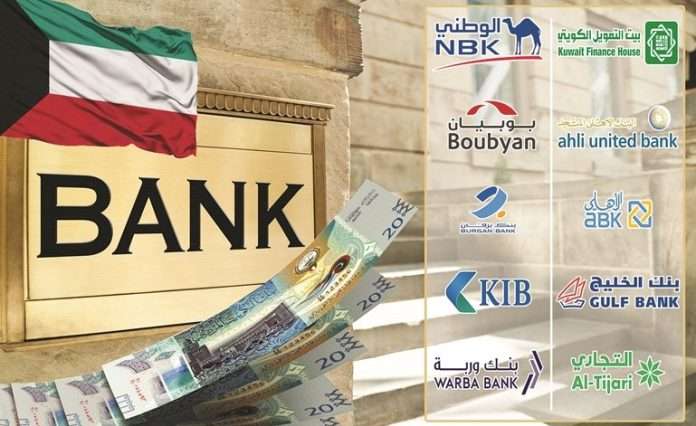Kuwait's banking sector is awash with cash, with total liquidity reaching a record high of $208 billion. This windfall, attributed to a confluence of factors including high oil prices and government spending, has bolstered the financial system and created a positive outlook for the country's lenders.
The surge in liquidity is primarily driven by Kuwait's strong oil export earnings. With global oil prices hovering near multi-year highs due to geopolitical tensions and supply chain disruptions, the country's coffers have been overflowing. This influx of petrodollars has found its way into the banking system, boosting deposit levels and overall liquidity.
Furthermore, the Kuwaiti government's expansionary fiscal policy has contributed to the liquidity surplus. In a bid to stimulate economic growth and job creation, the government has increased spending on infrastructure projects and social programs. This has injected additional cash into the economy, a significant portion of which has landed in banks.
The brimming liquidity presents a welcome opportunity for Kuwaiti banks. With ample funds at their disposal, banks are now in a prime position to increase lending activity to businesses and consumers. This could spur economic growth by fueling investment and consumption spending. Additionally, the abundant liquidity allows banks to improve their profitability by strategically managing their loan portfolios and interest rates.
However, the record liquidity levels also pose some potential challenges. One concern is the risk of asset bubbles. With easy access to credit, there's a possibility that businesses and individuals could take on excessive debt, potentially leading to an overvaluation of assets. This could have negative consequences if the bubble bursts, triggering a financial crisis.
Another challenge is the potential for inflationary pressures. With a significant amount of money circulating in the economy, there's a risk that prices could start to rise. The Kuwaiti government and central bank will need to monitor the situation closely and take appropriate measures to curb inflation if necessary.
Despite these challenges, the current liquidity boom presents a significant opportunity for Kuwait's banking sector. By leveraging their ample resources strategically, banks can play a pivotal role in driving economic growth and creating a more prosperous future for the country.

